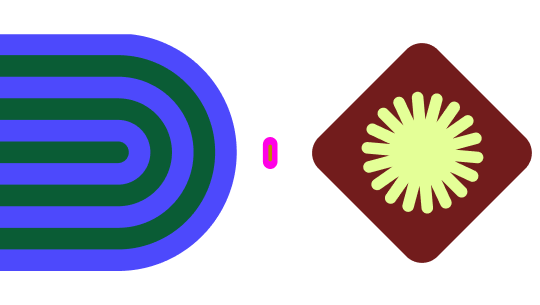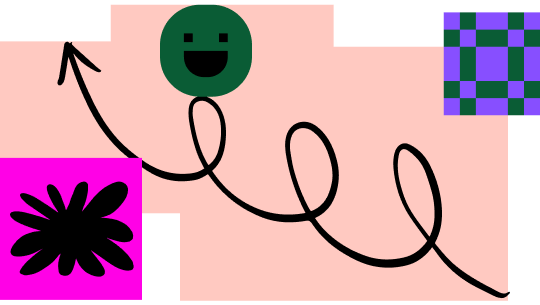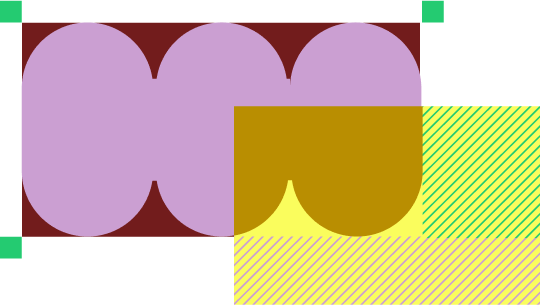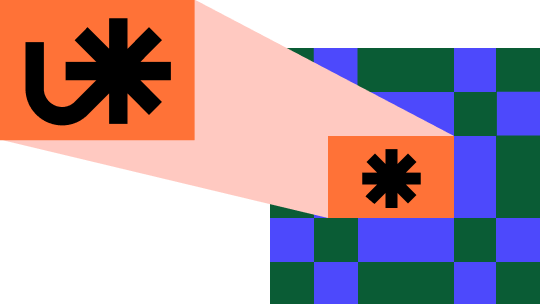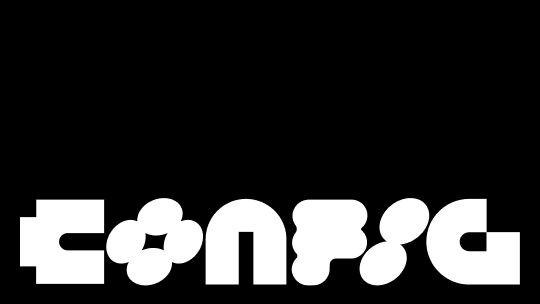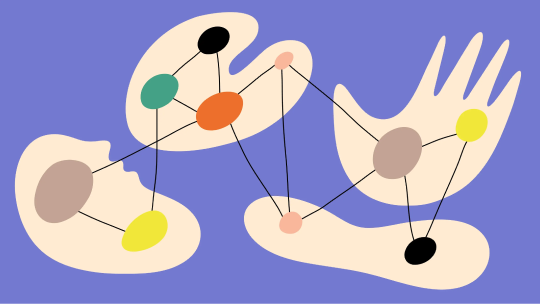Uniting and scaling teams: How Figma powers Eucalyptus’ five digital clinics
Time to read: 4.5 minutes
Summary: Founded in 2019, Eucalyptus is a healthcare technology company that provides accessible, personalised care to hundreds of thousands of patients globally. With five digital clinics—Juniper, Pilot, Kin, Software and most recently, Compound—Eucalyptus has facilitated over 1 million consultations across Australia, the United Kingdom (UK), Germany, and Japan.
With Figma, Eucalyptus achieves fivefold value for every dollar invested by building cohesive and empathetic experiences across its five clinics. This has empowered the team to build four digital products and produce over 6,700 pieces of branded content this year alone. Figma’s variables and Dev Mode further streamline workflows, allowing Eucalyptus to cut market entry time as they scale their impact globally.
Figma has allowed our team to take on the toughest challenges involved in delivering digital patient care and has helped us become one of the strongest healthcare businesses in the world.
— Oliver Ree, Head of Product Design, Eucalyptus
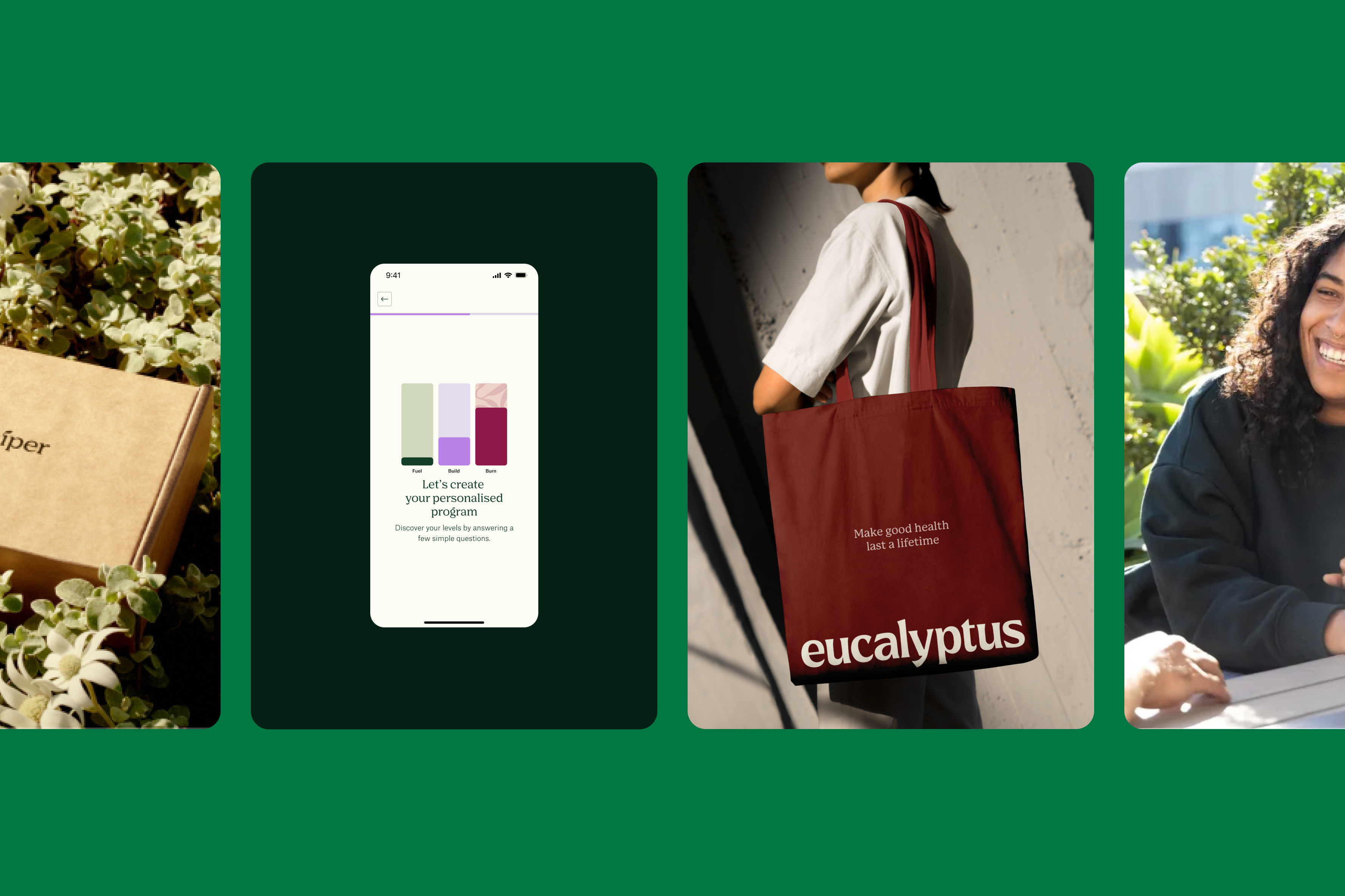
Challenge: Deliver high-quality, personalised care at scale
Eucalyptus is built around providing high-quality, personalised care, but doing so across five digital clinics—each with its own unique brand, conditions to treat, and patient demographic—poses a unique challenge. How do you offer consistent, empathetic experiences for diverse patient needs while keeping workflows efficient, collaborative, and compliant in a highly regulated sector?
“Whether we’re helping a patient overcome obesity, tackle hair loss, or start their fertility journey, we want to provide a high-quality, empathetic experience,” says Oliver Ree, Head of Product Design at Eucalyptus.
With 500 employees spread across several countries, seamless collaboration between teams at Eucalyptus is crucial. They need a platform for cross-functional teams to collaborate in real-time without compromising patient care or healthcare regulations.
“Our house of digital clinics allows us to tailor our experiences and messaging for our patients. But as we’ve scaled, it has posed some challenges in product and growth, which Figma has been uniquely positioned to help us overcome,” Oliver says.
Solution: Building collaborative, patient-centred design with Figma
From the beginning, Eucalyptus has been using Figma as its primary design tool to foster collaboration among multidisciplinary teams. Figma’s multiplayer mode allows everyone—from doctors to engineers—to work simultaneously on projects, which is crucial for a healthcare company prioritising regulatory compliance and patient safety.
“Healthcare is complex, and the problems we’re tackling can’t be solved by one person—we have to build in the open and be collaborative by default,” says Oliver.
“Figma brings our tech, content, and clinical teams together to solve these challenges with speed, transparency, and safety front of mind. It’s so much more than a design tool at Eucalyptus—it’s fundamentally shaped how we operate,” he adds.
Figma is so much more than a design tool at Eucalyptus—it’s fundamentally shaped how we operate.
— Oliver Ree, Head of Product Design, Eucalyptus
Figma’s virtual whiteboard, FigJam, has become essential for Eucalyptus’ brainstorming and alignment sessions, helping teams share ideas openly and reach decisions faster.
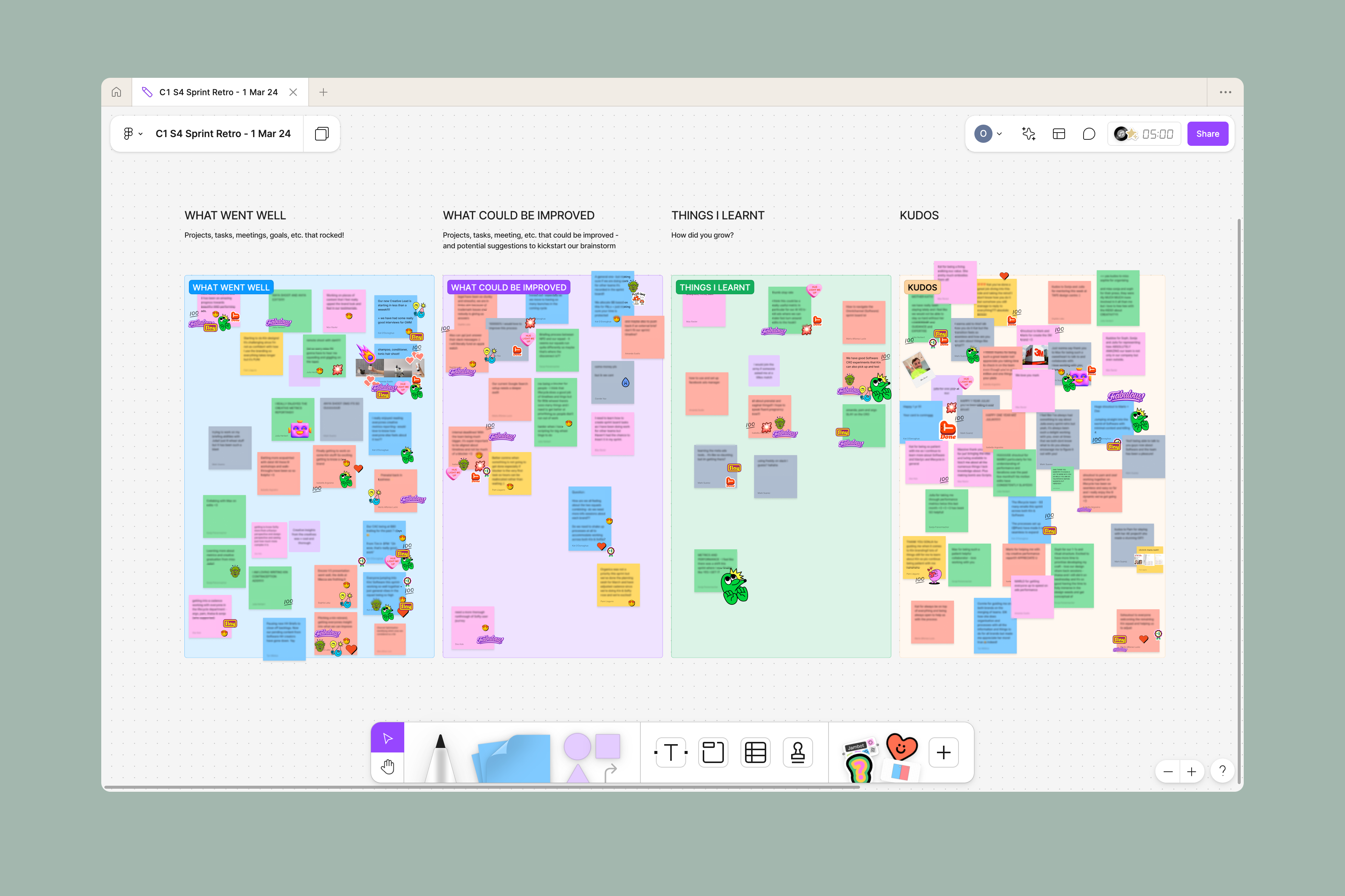
“We have an open design culture at Eucalyptus—everyone is encouraged to use their expertise to improve the patient experience, and often the best ideas start to take shape outside of design, product and technology teams,” says Oliver.
Ensuring consistent, personalised care across five digital clinics
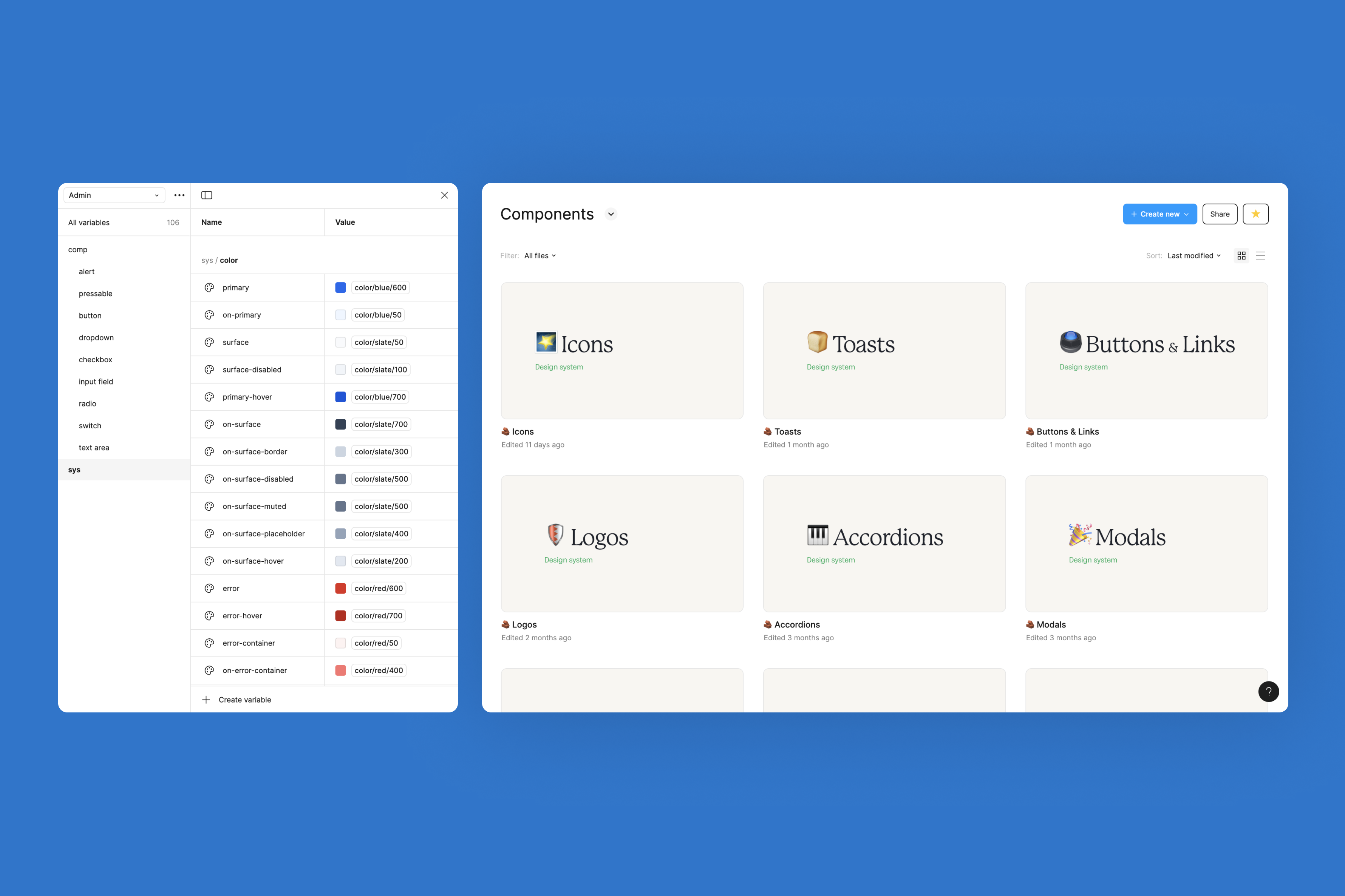
Gumdrop, Eucalyptus’ multi-brand design system within Figma, streamlines design across its five digital clinics while keeping each clinic’s unique brand intact. “In product and engineering, Figma and Gumdrop allow us to leverage our effort from one brand across five,” says Oliver.
Gumdrop enables seamless reuse of design elements across digital products, apps, and even print. This allows the team to create cohesive, personalised care that aligns with each clinic’s unique needs for its patients.
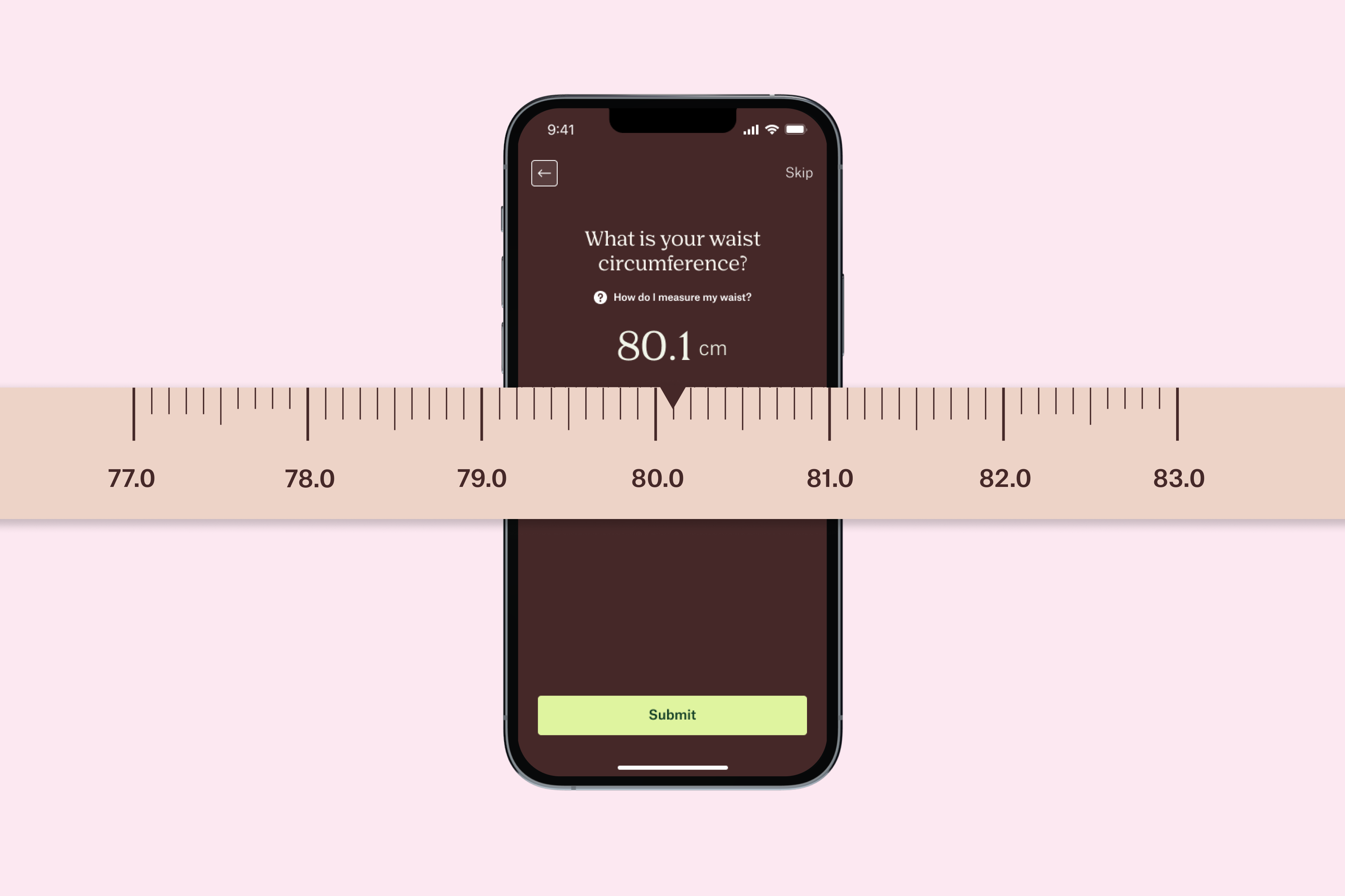
Oliver explains, “That essentially means that for every dollar we invest in building new features, we gain about $5 worth of product and engineering value by simply enabling it across our clinics. By sharing, we also multiply our impact across our patients' lives.”
In product and engineering, Figma and Gumdrop allow us to leverage our effort in one brand across five. That essentially means that for every dollar we invest in building new features, we gain about $5 worth of product and engineering value by simply enabling it across our clinics. While Figma lets anyone in our team easily create content, Gumdrop ensures that it always looks and feels like it’s part of the Eucalyptus family.
— Oliver Ree, Head of Product Design, Eucalyptus
“What’s also interesting is how Gumdrop and Figma power our growth,” says Oliver. Gumdrop and Figma empower Eucalyptus’ growth team to create branded content at scale without compromising brand identity.
“This year alone, our growth team has produced a mindblowing 6,793 pieces of branded content, ranging from ads, EDMs, landing pages, and video content. If you average it out, that’s well over 100 pieces of content each week,” he adds.
Creating faster, patient-centred solutions with variables and Dev Mode
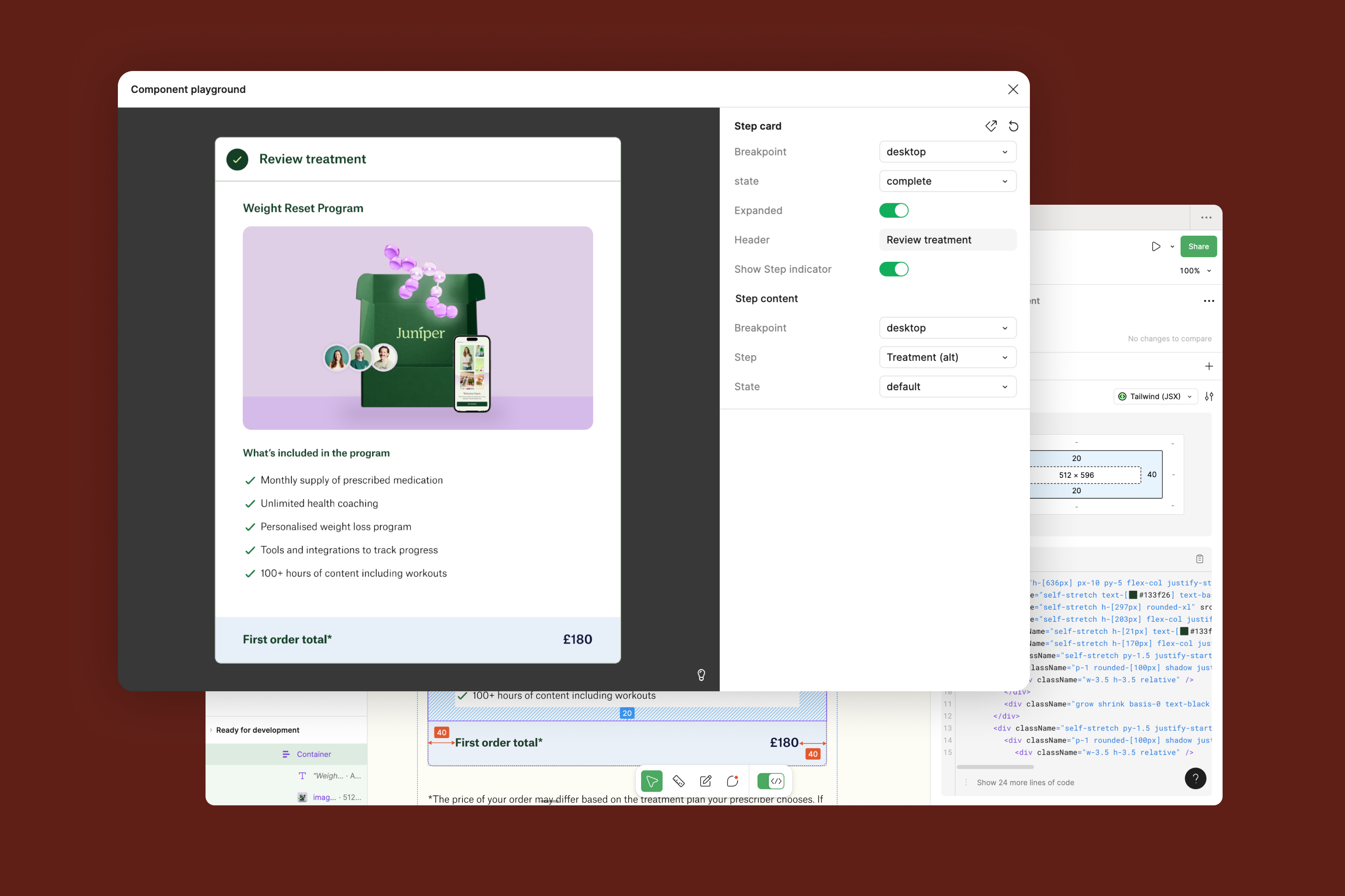
Figma’s tools, such as variables and Dev Mode, have broken down traditional silos across product, engineering, and design, creating a shared workflow that aligns all teams.
“At Euc, we’ve built our teams around triads, where design, engineering, and product sit together. With Figma variables and Dev Mode, we have created a shared language and workflow that bridges communication gaps, and as a result, we’re shipping more ambitious features and getting them into patient’s hands faster,” says Oliver.
The most effective teams are the ones who don’t see product, engineering, and design as separate teams but as a single team. With Figma variables and Dev Mode, we have created a shared language and workflow that bridges communication gaps, and as a result, we’re shipping more ambitious features and getting them into patient’s hands faster.
— Oliver Ree, Head of Product Design, Eucalyptus
With Figma, Eucalyptus quickly adapts designs for different markets, making design and development handoff smoother while keeping patient care at the forefront. Recent expansions of Juniper into Japan, Germany, and the UK highlight this adaptability, and again with Compound launching in the UK in the coming months.
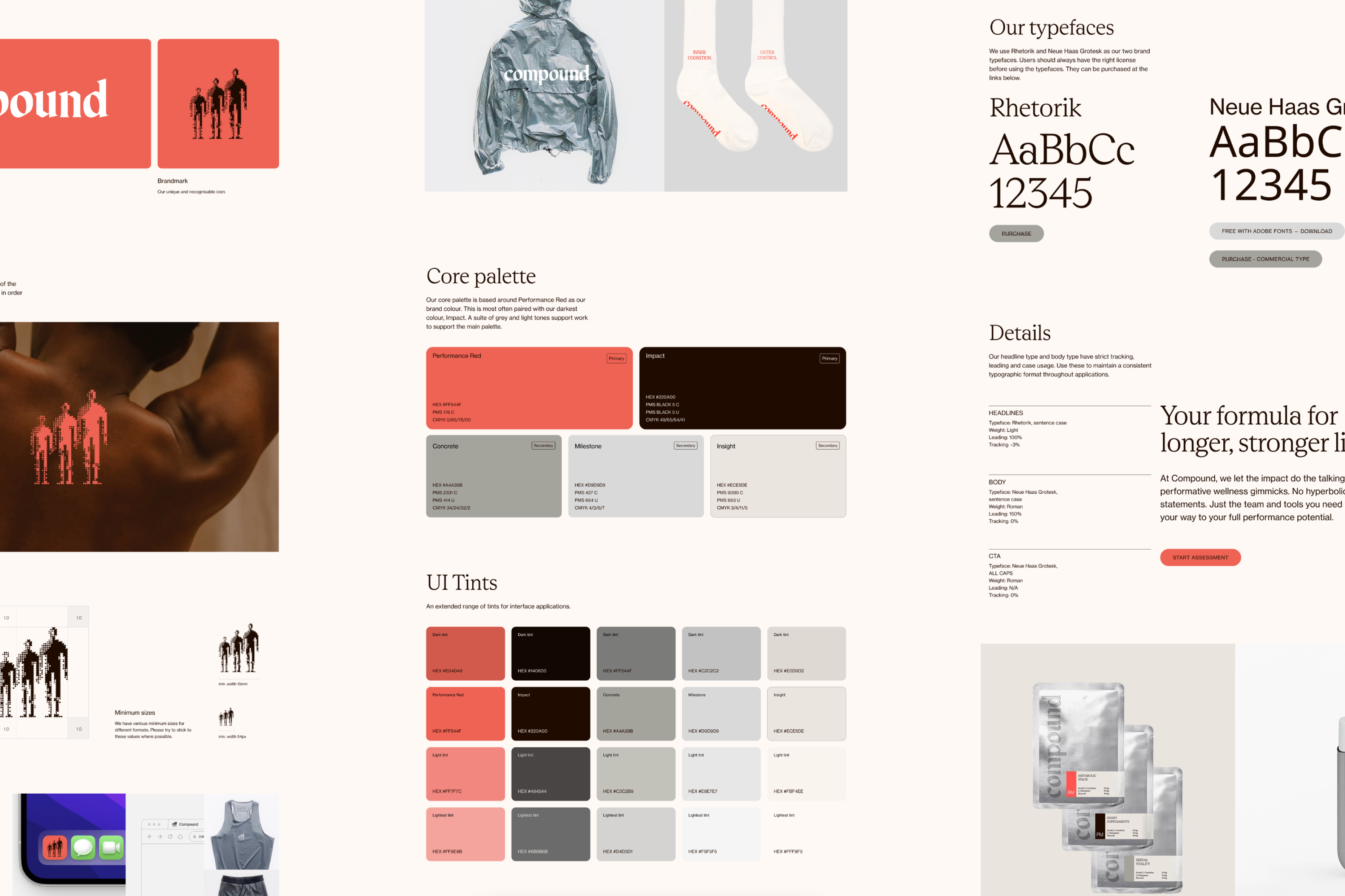
Empowering inclusive and accessible healthcare design
At Eucalyptus, accessibility and inclusivity are central to its mission of “making good health last a lifetime” for its patients. Using Figma plugins like Stark and A11y annotations, the team tests for usability and compliance to ensure each patient receives a thoughtful, accessible experience.
“Healthcare should be inclusive. We take a great deal of care to create experiences that are thoughtful, compliant, and accessible.” Oliver explains.
This commitment to patient-centred design is evident in Eucalyptus’ daily interactions with patients via the PX (Patient Experience) team, research interviews, social communities, live data and in-app feedback.
Figma also allows real-time collaboration with its legal team, which reviews design files directly in Figma to ensure compliance.
“We want to demystify medical jargon and make our experiences — and your own health — simple to understand. What makes that possible is having in-house content designers and an incredible legal team who are willing to jump into Figma and collaborate across a complex customer journey,” Oliver says.
These efforts were recently recognised by the National Institute for Health and Care Excellence (NICE), which acknowledged Eucalyptus’ Juniper UK’s clinic for meeting high accessibility standards.
Figma is central to how we transform patient outcomes—whether it’s our services team ideating in FigJam, to designing our platform and apps. Figma helps us create experiences that encourage patients to re-engage with their health in a more meaningful way.
— Oliver Ree, Head of Product Design, Eucalyptus
Looking ahead, Eucalyptus isn’t just focused on delivering healthcare solutions but transforming patient outcomes. As it continues to expand globally, Figma supports Eucalyptus in designing engaging, personalised experiences that build trust and foster deeper patient relationships.
As Oliver says, “Figma helps us create meaningful experiences that encourage patients to actively engage with their health. We believe that this is a fundamental first step towards making good health last a lifetime.”
About Eucalyptus
Industry: Health and Human Services
Location: Australia, United Kingdom, Japan, Germany
Number of Customers: 1 million patient consultations worldwide
Business Challenges: Making the design process more inclusive, Building and maintaining design systems, Getting stakeholder alignment
Products: Figma, FigJam, Dev Mode
See how Figma can help you scale design
Great design has the potential to differentiate your product and brand. But nothing great is made alone. Figma brings product teams together in a fast and more inclusive design workflow.
Get in touch to learn more about how Figma can help companies scale design.
We’ll cover how Figma can help:
- Bring every step of the design process—from ideation, to creation, to building designs—into one place
- Accelerate design workflows with shared company-wide design systems
- Foster inclusivity in the product team process with products that are web-based, accessible, and easy to use
